An interesting take on "taster sets", this box was kindly provided by Canton Tea. The new London-based start-up seems to sell more to the "foodie" market - this word appears regularly on the web-site - which is to say, people who are nominally interested in good food and drink, but who might not know a huge amount about tea. The teas on offer seem to reflect this, offering "selected samples" of various genres, and a novel sample-of-the-week club. For the general (British?) foodie, this would probably work - most people have no knowledge or interest in the back-catalogues of hardcore pu'ercha vendors, let alone Taobaowang, and having some guidance is probably a good way to reach a larger non-specialist market.
You'll see where I'm headed with this thought in a moment...
The box comprises five xiaobing, each weighing 100g, for a total price of £45 (approx. $72). The packaging is a plain white box with a magnetic fastener, which my dear wife has her eyes on for use elsewhere.
The little cakes form a cross-section of interesting cakes. This article focusses on the spring 2012 cakes in the selection, while the autumnal 2011 cakes will appear later; you can tell which cakes piqued my interest the most, given that I tried the spring cakes first.
First, the Wujiazhai, which I select because it is (i) spring tea and (ii) from an area I've not encountered before:
Wujiazhai is in Yongde county of Lincang prefecture, not far from the Mangfei area. This name might be familiar to readers of the Yunnan Sourcing catalogue from 2012, and I am told that Canton Tea had their cakes made by Scott. (The Canton Tea 2011 cake that I enjoyed was seemingly made by Seb of Jing Teashop).
Yongde teas are never terribly exciting to my taste, but I am always ready to be proven wrong. Scott writes that this Wujiazhai is "probably the best Yongde cake" he has ever made, and, to cut a long story short, I am inclined to agree with this assessment.
It is an interesting cake: it takes ages to get going. This can be a good thing, perhaps suggesting that there is plenty of content in the leaves, waitng to be suitably aroused before delivering a good flavour. Even in those starting infusions, we are overcome by a strong, minty cooling sensation that numbs the tongue. It is vibrant and very lively - and this is before it has warmed up.
I drank this tea over quite a long session, while Xiaohu was out with Xiaoyi [his aunt] and while Xiaolong was sleeping: it later developed a solid, profound sweetness that was entirely complementary to the sensations from the opening three or four infusions. Hints of a tobacco base begin to exert themselves, which are most enjoyable and do well to prolong the evolution of the cake.
"Oh dear - that's rather strong", notes my mother, who has a cup in passing.
"Oh dear - that's rather strong", notes my mother, who has a cup in passing.
I later added more leaves, just to see what happened: the result was increased potency without negatively affecting the outcome. I really rather like this cake - and this causes a problem which we will discuss in a little while.
Secondly, the "purple leaf" Dehong. Scott has been making bamboo-wrapped Dehong for about seven or eight years now, and has recently started presenting these as bingcha. Presumably, these xiaobing come from the same maocha: they certainly look similar.
Dehong is a long (long) way off the beaten track, and it appears that there may be some quality-control problems that do not occur with Scott's cakes from southern Yunnan. Witness below, an actual chunk of house-decorating plaster, which I took care to remove. Unfinished walls are everywhere in Mainland China, particularly where the standards of living are lower than in some cities, and plaster dust / plaster chunks are everywhere. One needs to sweep the floor every day to keep on top of the dust and dirt in China.
"Ah well", I thought to myself. "At least there's no plastic string."
Hmm. I tried to remove this length of green plastic, but only succeeded in getting it to stand upright like an antenna, such was its embedding. It looks almost natural. Almost.
No one ever bought Chinese produce because they thought it was safe. If you eat / drink Chinese, you do so because you like the risk. "Am I going to live to see tomorrow?" Such are the thrills of consuming Mainland Chinese produce.
I do like a robust blend, but I tend to draw the line at brewing up sections of wood, and therefore chose to remove the specimen shown above. You may be able to see the very strong purple pigmentation in the leaves, which is naturally occurring - the pu'ercha trees of Dehong are a separate entity to (and which seemingly predate) Camellia sinensis var. assamica.
You know what to expect with purple-leaf tea: it is fruity, sweet, and reminds me of autumnal pu'ercha. I stopped buying it around 2007, because I am a touch skeptical about its capacity to improve greatly with age; or, rather, I prefer to use the limited space that we have to store cakes in which I have more confidence. However, it is a charming and well-made tea to drink immediately. Smooth, crisp, precise, and, once you get past all of the potentially-harmful additives in the blend, very stable.
Both the Dehong and the Wujiazhai cakes are good choices for inclusion in a "taster set" of pu'ercha: they are not orthodox, and represent some of the interesting regions of the gamut of pu'ercha.
This brings us on to the fundamental question about this tea: if I like it a lot, where should I buy it? I happen to know, for example, that Yunnan Sourcing sells the lovely Wujiazhai cake for just $32 (£20), which is a very good price for 400g. Therefore, we return to the opening paragraph: I suspect that this "selected samples" approach works best for customers that would not know about, or be interesting in, specialist vendors such as Yunnan Sourcing.
Thanks again to Canton Tea for the generous box.

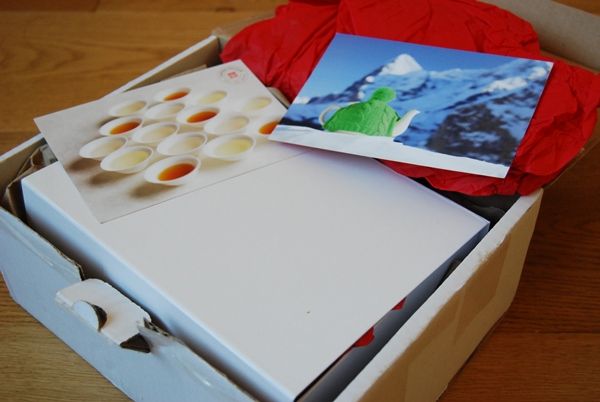
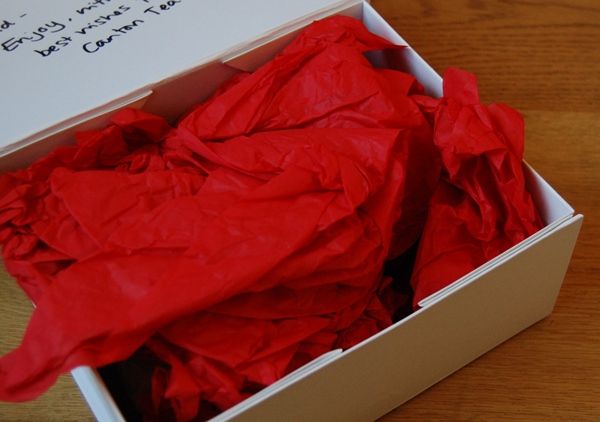
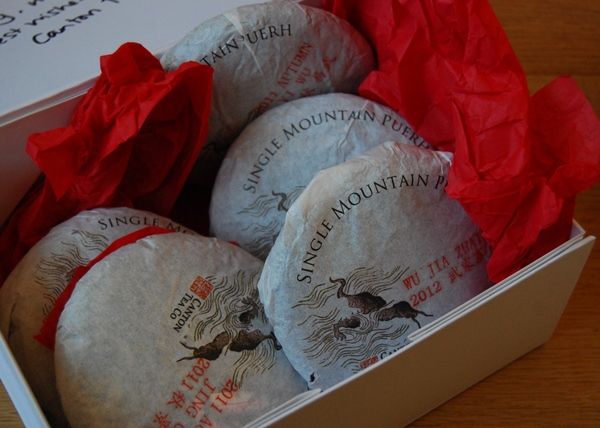
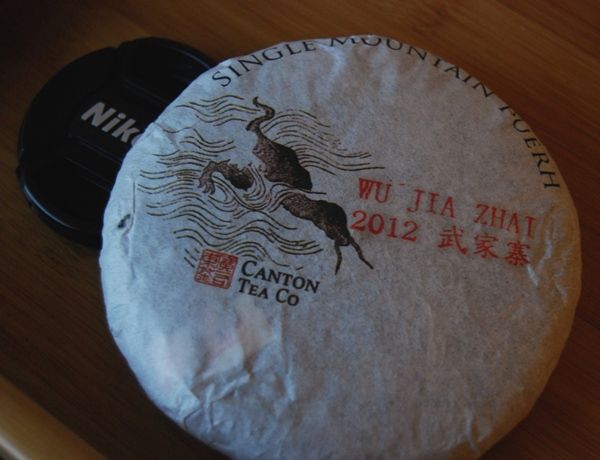
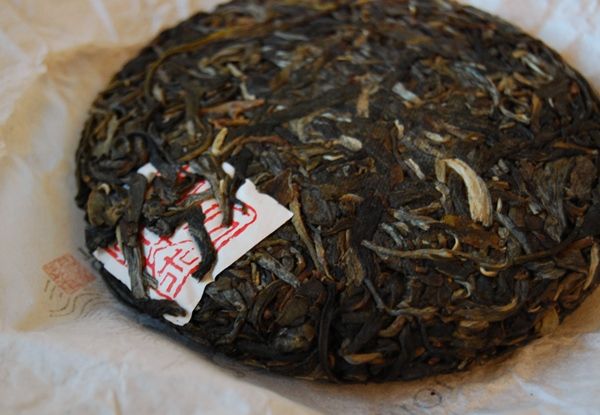
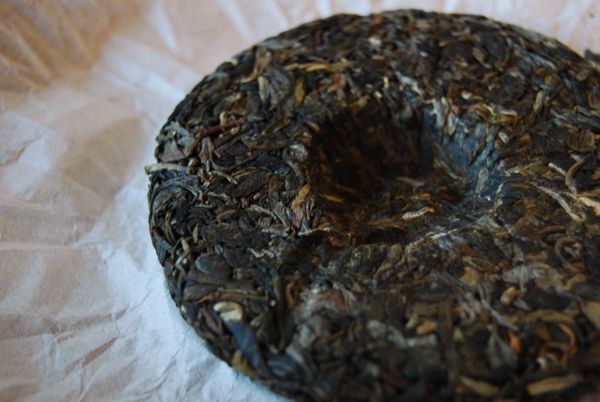
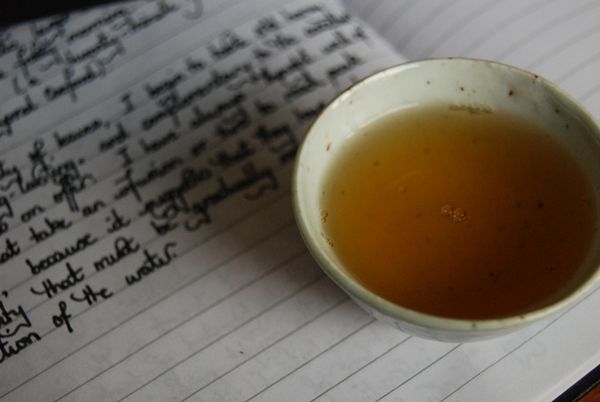
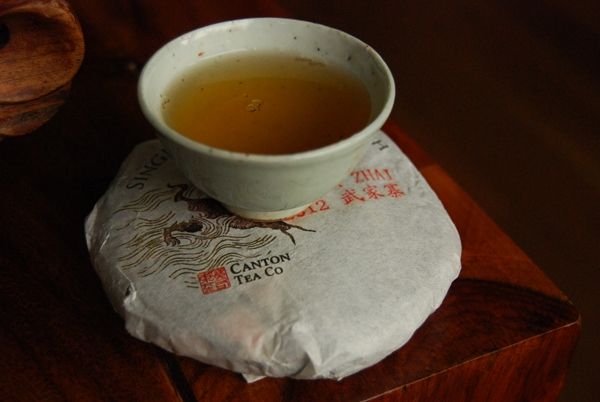
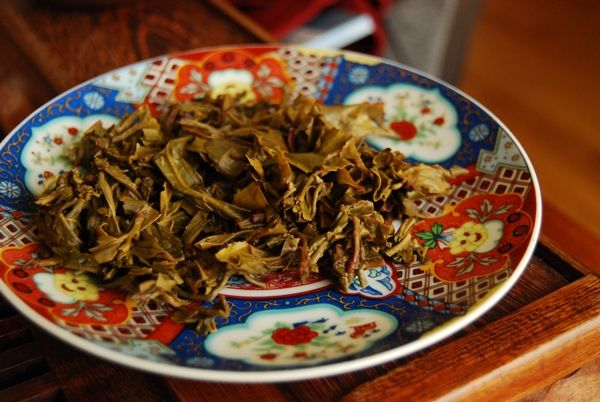
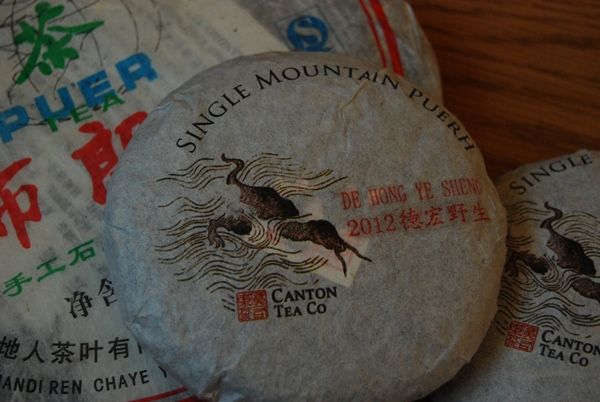
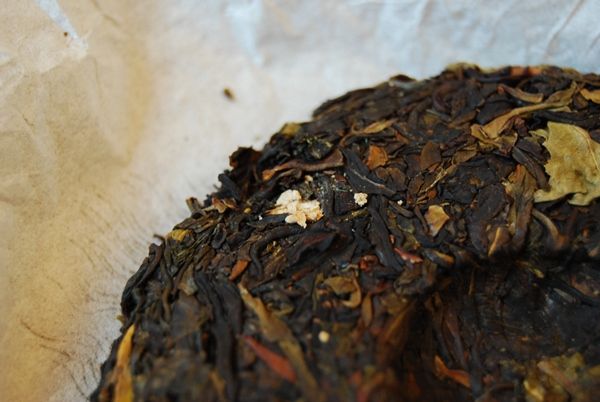
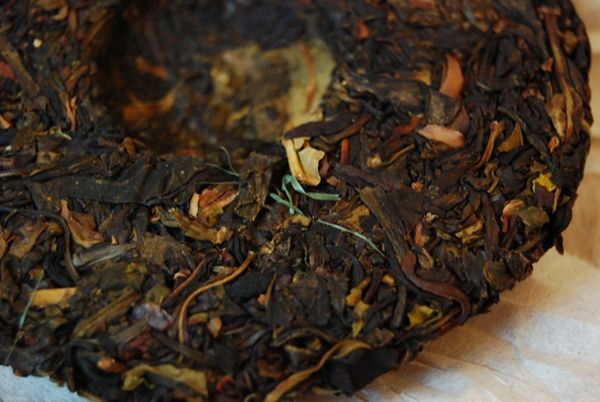
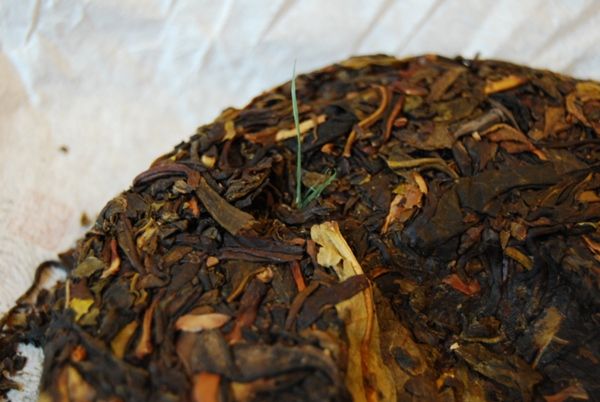
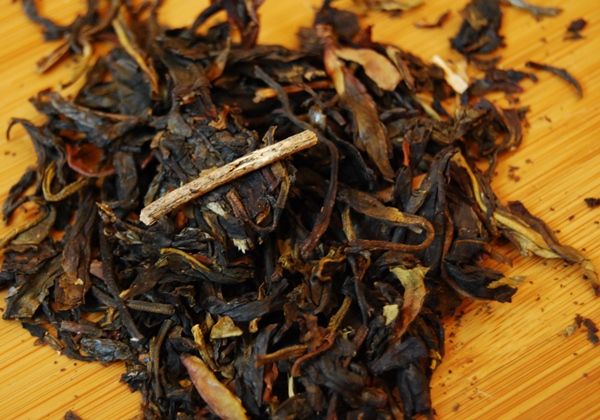
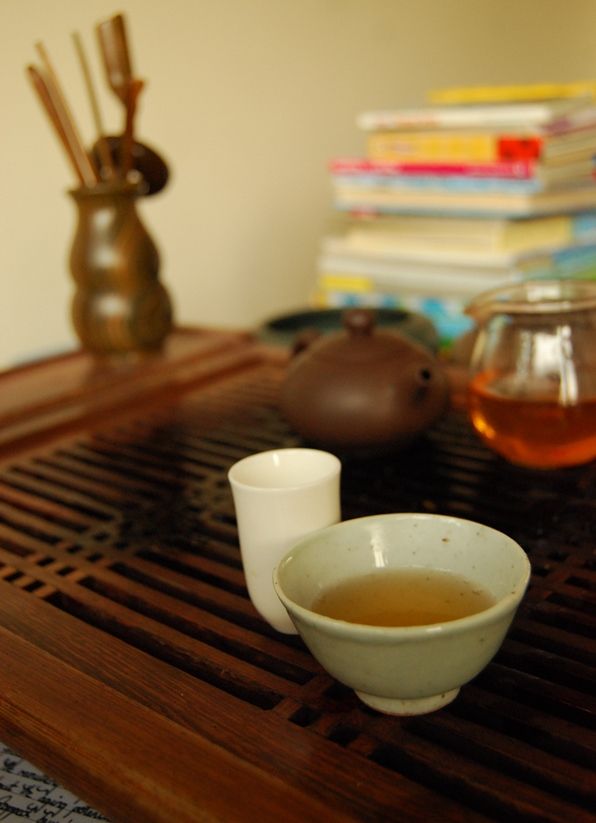
5 comments:
Greetings,
Scott's 2011 Dehong is really great, but I agree...not sure it's the best for aging. The 2012 was ultra smoky. Ultra. Did you taste any smoke in this Canton Tea Dehong? If not maybe the maocha was processed differently than Scott's '12 Dehong?
cheers!
I wonder what some of the more interesting objets d'art have been excavated from a puerh tuocha or bingcha? I mean it should be expected that one would find a hair or two (preferably of the human species)…well maybe not. I’ve found the occasional clod(s) of dirt, twigs, parts of a cigarette butt (maybe that explains the tobacco flavor), but no plastic twist ties, body parts, critter remnants, or other less desirable bric a brac. Why is quality control seemingly arbitrary? Would this be acceptable in other teas? Discuss.
Chinese quality control is, largely, non-existent. Perhaps, in tea, it is more prevalent than with other foodstuffs, but that may be because the price is becoming higher for tea than for some other products. The photographs of dazzlingly clean "laboratory style" tea production facilities, with ranks of workers wearing pristine white clothes and facemasks, is somewhat disjoint from the actual reality of Chinese existence. Even the most plush inner-city flats (houses typically only exist in the smaller towns and countryside) are, by Western standards, not clean. Some Beijing hotels I've been put in have "Western suites", which are oases of cleanliness. It seems that the Chinese have a tolerance for dust and dirt.
Dear Hobbes,
The description of these two samples have made me quite thirsty!
Can I ask you if the second, is the 2012 YUNNAN SOURCING "YE SHENG CHA" WILD TREE PURPLE TEA OF DEHONG?
Thank you.
Best Regards,
William.
Dear William,
I'm almost certain that's the cake, yes. I tried Scott's labelled version and it was identical to my tastes.
Toodlepip,
Hobbes
Post a Comment